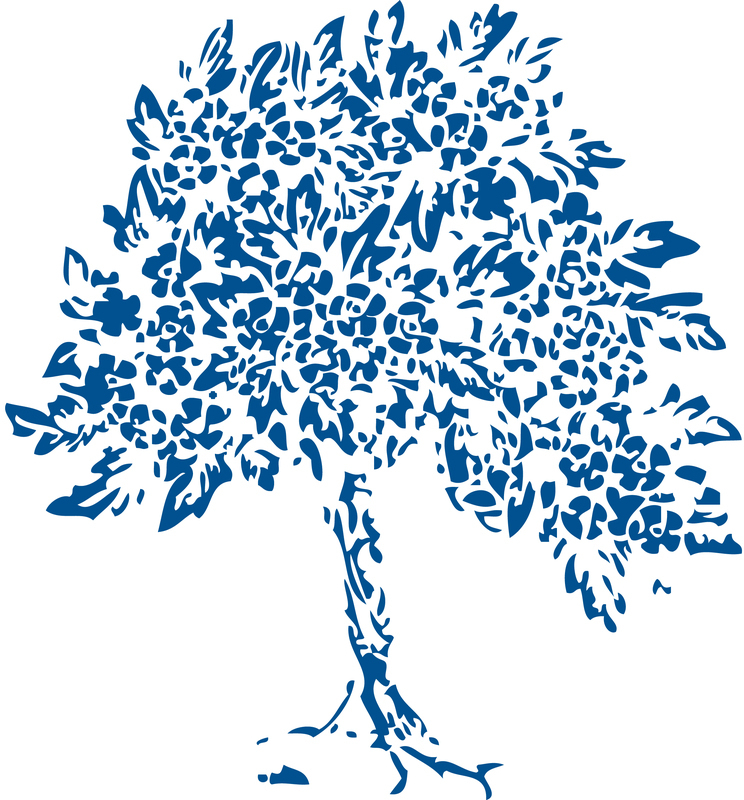
History is a fascinating subject in its own right. We hope students have enjoyed their GCSE courses and want to have the opportunity to study it further.History explains why the world is like it is today, and gives students an understanding of how societies deal with problems and opportunities. Just think of the News at the moment: financial meltdown; worries about European power; crisis in the Middle East; tense relations with Russia; the power of religion to cause conflict.All of these things have happened before, and by learning from the past we can understand how to deal with the present. Future ProofHistory is one of the most popular subjects for students to study at university, and we have been consistently successful at helping students to gain places at Oxbridge and other top universities over the years. At present we have historians at Oxford, Exeter, York, Durham, Edinburgh, Warwick, Birmingham and many other universities.History students are in demand for a variety of careers in business, government, finance, the media and Law because of the skills they learn: • to sift information and decide what is reliable; • to reach informed judgements about major issues; • to present ideas coherently both orally and in writing. Also, many universities value History as an A Level for students wishing to study medicine, as the above qualities allied to excellence in Science help to make students effective communicators and team-workers.
Students should have gained at least a Grade 6 or equivalent in History GCSE. In exceptional circumstances (for instance students whose schools offered restrictive GCSE options), we may accept students who have not studied History for GCSE, but who have gained good English GCSE results (6 or above).
Unit 1: The Early Tudors 1485-58: Henry VIII, the Dissolution of the Monasteries, the Reformation and Henry’s divorces, Revolts and Rebellions 25% Unit 2: South Africa 1948-99: Apartheid, Nelson Mandela and world reaction 15% Unit 3: The Middle East 1908-2011: Israel, Terrorism, The Gulf War and the “Arab Spring” 40% Unit 4: Personal Study. Independent research on a topic of your choice, with support and guidance from your teacher, to produce an extended essay. Current Year 13 students are studying topics such as the Battle of the Somme, Women’s rights in the 20th Century and the Holocaust. This provides an excellent preparation for university study. 20%
About Education Provider
| Region | South West |
| Local Authority | Gloucestershire |
| Ofsted Rating | Good |
| Gender Type | Girls |
| Address | Denmark Road, Gloucester, GL1 3JN |
History is a fascinating subject in its own right. We hope students have enjoyed their GCSE courses and want to have the opportunity to study it further.History explains why the world is like it is today, and gives students an understanding of how societies deal with problems and opportunities. Just think of the News at the moment: financial meltdown; worries about European power; crisis in the Middle East; tense relations with Russia; the power of religion to cause conflict.All of these things have happened before, and by learning from the past we can understand how to deal with the present. Future ProofHistory is one of the most popular subjects for students to study at university, and we have been consistently successful at helping students to gain places at Oxbridge and other top universities over the years. At present we have historians at Oxford, Exeter, York, Durham, Edinburgh, Warwick, Birmingham and many other universities.History students are in demand for a variety of careers in business, government, finance, the media and Law because of the skills they learn: • to sift information and decide what is reliable; • to reach informed judgements about major issues; • to present ideas coherently both orally and in writing. Also, many universities value History as an A Level for students wishing to study medicine, as the above qualities allied to excellence in Science help to make students effective communicators and team-workers.
Students should have gained at least a Grade 6 or equivalent in History GCSE. In exceptional circumstances (for instance students whose schools offered restrictive GCSE options), we may accept students who have not studied History for GCSE, but who have gained good English GCSE results (6 or above).
Unit 1: The Early Tudors 1485-58: Henry VIII, the Dissolution of the Monasteries, the Reformation and Henry’s divorces, Revolts and Rebellions 25% Unit 2: South Africa 1948-99: Apartheid, Nelson Mandela and world reaction 15% Unit 3: The Middle East 1908-2011: Israel, Terrorism, The Gulf War and the “Arab Spring” 40% Unit 4: Personal Study. Independent research on a topic of your choice, with support and guidance from your teacher, to produce an extended essay. Current Year 13 students are studying topics such as the Battle of the Somme, Women’s rights in the 20th Century and the Holocaust. This provides an excellent preparation for university study. 20%